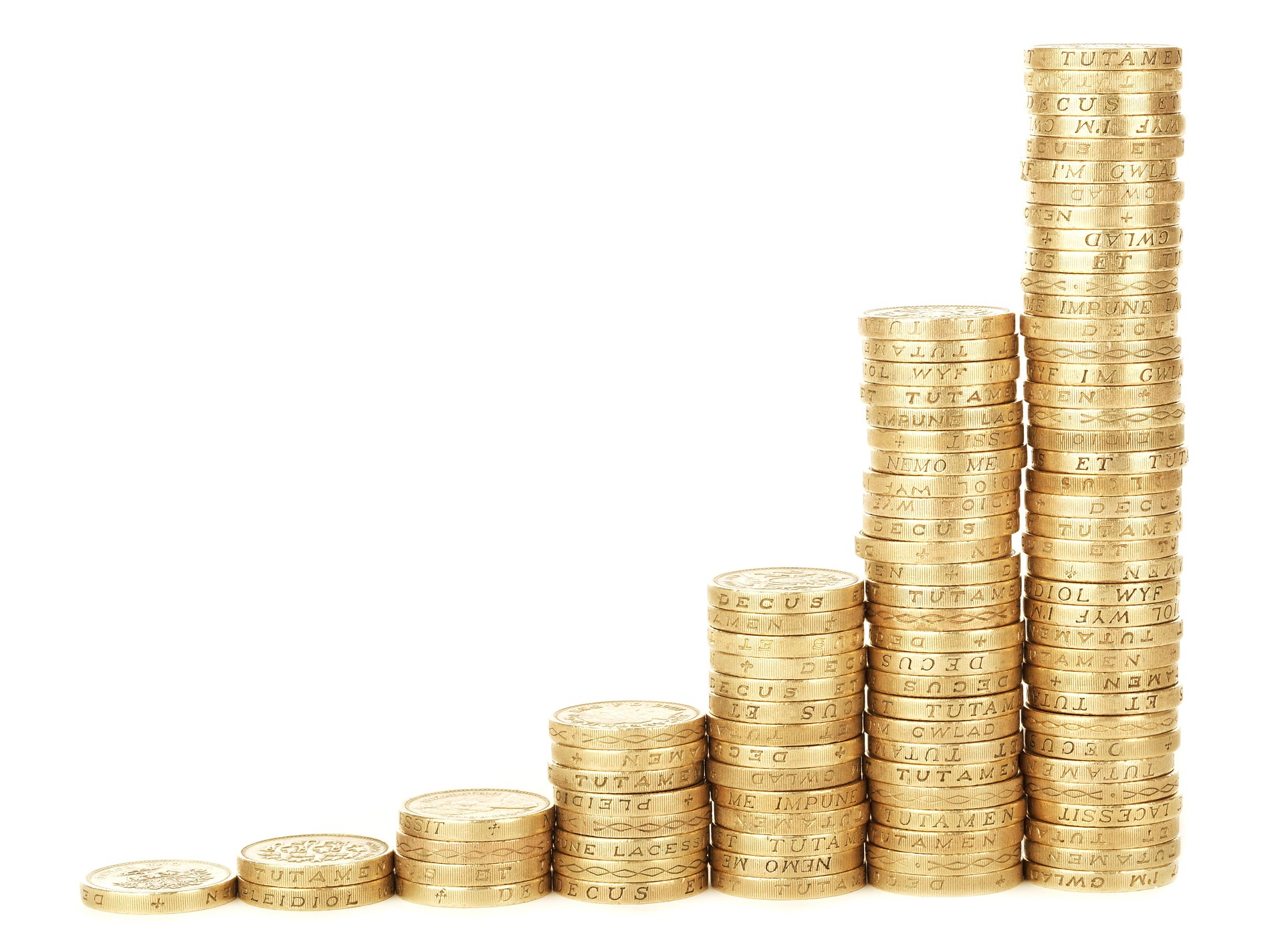How Tech Is Changing The Future For Investors
It’s hardly news that tech is bringing change for investors, but understanding how and why it can help us to plan for the future.
The Growing Technology Sector
The technology sector, for decades a vibrant part of the global economy, is booming like never before.
As of June 2018, the information technology sector represented 26% of the S&P 500 index, as analysed by Siblis Research, compared with 19.4% only three and a half years earlier.
Technology isn’t just driving change in our homes and workplaces; it’s shifting the balance of power between companies.
This is having effects in the wider world.
Most noticeably, data has become a valuable resource.
Companies can make huge profits not by extracting money from their customers but by gathering information on them.
Political and military analysts recognise the information sphere as one where global conflicts are carried out.
The companies that collect data and produce the tools to farm and analyse it are among the most powerful in the world.
Then there are the technologies impacting the physical world, like the renewable energy infrastructure that’s transforming power production or the oil extracting technology that’s turning the US back into a top oil producer.
Some argue that this brings disruption without growth, while others say that a great economic surge is due based on these changes.
But ask the man or woman in the street, and they’ll tell you that technology is transforming lives.
Investors have to be aware of how it could shape the businesses they’re putting their money into, as well as thinking about which technologies they want to buy in on.
Global Businesses
One of the most significant changes is the increased connectivity that technology brings.
It’s now possible for any business, however big or small, to sell its products around the world. Connectivity lets us do international deals more quickly and efficiently than ever.
3D printing promises to detach even the production and sale of physical goods from geographical moorings.
For investors, this means that you have to think globally. There are more opportunities than ever to invest elsewhere in the world, and so to profit from international growth.
But the flip side is that global changes can disrupt your home economy.
If you’re investing in British manufacturing, you need to know how the companies you’re interested in might be disrupted by competitors from Europe, China, or anywhere else.
The Direct Economy And Tech Investing
Moving to the smaller scale, we’re seeing the emergence of a direct economy, one in which traditional intermediaries are removed.
This is most obvious in commerce.
High street shopping is going into decline because e-commerce increases choice and convenience while cutting costs.
Whatever the problems it causes on the high street, it’s hugely beneficial for individual customers.
Social media companies are trying to take this one step further through social shopping, where your friends’ choices will affect what and how you buy.
While they haven’t worked out how to do it yet, it’s surely only a matter of time. Disruptors like Uber are bringing similar changes to service industries.
Like online marketplaces, they’re still intermediaries between customers and providers, but they’re intermediaries with a lighter touch that allow more convenience and flexibility.
There are also more direct interactions in the financial sector, thanks to peer-to-peer lending and crowdfunding.
These are weakening the hold of banks as intermediaries.
While the promise of cryptocurrency to take this further has floundered, it’s clear that the balance of financial power is shifting, becoming more dispersed.
We’re unlikely to see the end of intermediaries, but the traditional ones are losing their control.
Investors need to look at the rising intermediaries and perhaps invest in them instead.
Trouble Ahead?
Change always comes at a cost. For the current wave of technological change, that cost includes the need to adjust to technology’s side effects.
The challenges of inequality, privacy, and cyber security are causing headaches for governments and private citizens alike, as we try to cope with this new world.
Technology is bringing greater automation, replacing people with machines in the workplace.
In principle, not wasting human effort where it isn’t needed is good, but in our current model, that means rising unemployment and all the trouble it brings.
Until governments or the market respond, this is going to cause social and political tensions – another factor for investors to take into account.
The case of the high street holds out hope.
Many feared that the decline of shops would hollow out town centres.
But cafes, bars, and social spaces are rising to take their place, invigorating urban living and moving its focus away from shopping.
If we can weather the supposed technologically-driven decline of the high street and emerge with something better, surely we can cope with the other effects. A
And as investors see that those social spaces do better than shops, their investments will move towards them, helping fuel the change.
Technology is transforming our world and taking an ever-greater share of the global economy.
That makes investing both easier to do and more complicated to do right. It provides a whole new raft of factors to consider.
And for better or for worse, it won’t be undone.
Paul Connolly
Paul Connolly has been a journalist for more than 20 years, as a reporter and editor for Argus Media, Reuters, The Times, Associated Newspapers and The Guardian. He has covered Islamic Finance for Reuters in the 1990s. Paul has since helped launch three newspapers, as well as reported from Tokyo, Los Angeles and Stockholm.





